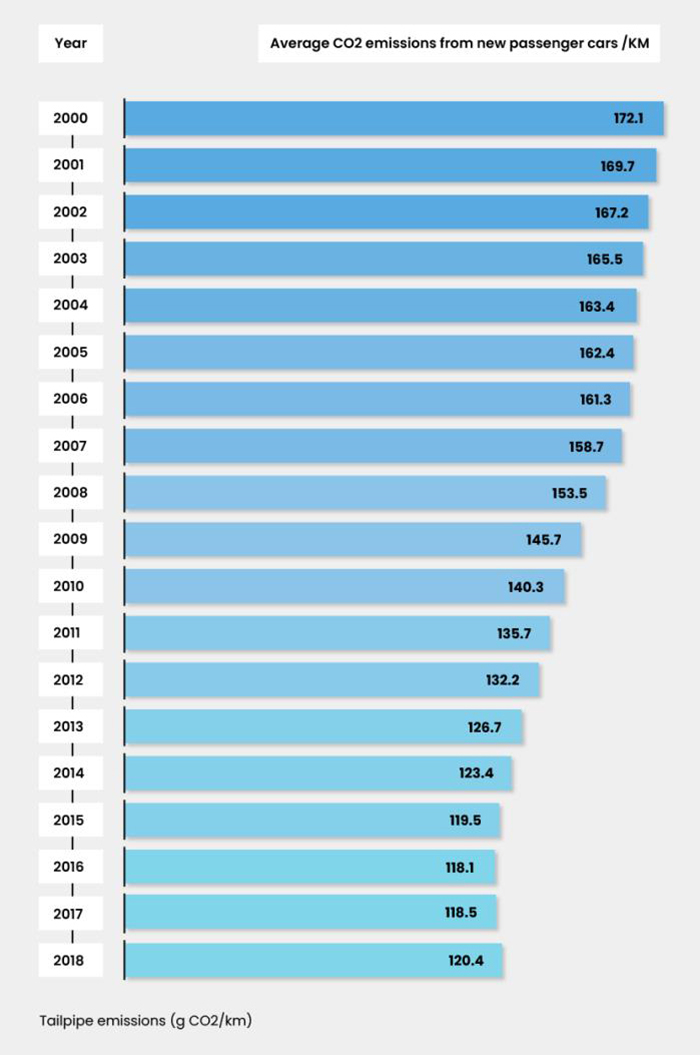Sales of second-hand cars have soared by 6.6% due to a shortage of new vehicles. A brand new report by Confused.com reveals second-hand cars on the roads will emit 9.8% more CO2 emissions than newer ones.

The study reveals the average age of a car globally is 8.6 years, with cars registered in the year 2012 emitting 132.2/km. So, with more people driving cars from the year 2012, experts warn not only will this hinder zero-emission plans across the globe but also contribute to the recently alarming ‘code red’ IPCC report.
Analysing data from European Environment Agency (EEA), the Confused.com experts saw a 25% decrease in CO2 emissions between 2008 and 2018. Whilst this drop could indicate another 25% decrease over the next twelve years, current car sales can mean otherwise.
The report also explores the average age of vehicles on our roads. Whilst they continue to rise even as new car sales have increased by 24% in 2021, after last year’s pandemic-induced decline, the experts have explored which countries have the oldest motors.
Argentina, which appears to have the oldest vehicles across the globe with an average age of 17 years, the country has recently introduced initiatives such as scrappage programmes. These typically involve the disposal of old cars, often to help reduce emissions. Motorists are then encouraged to invest in more environmentally friendly vehicles, with financial incentives or discounts.
The study concluded Saudi Arabia to be best for CO2, with an average age of just 3.8 years. The country sits at 19th place for GDP, which suggests it has higher incomes and therefore a high rate of automobile purchases.

COMMENTS